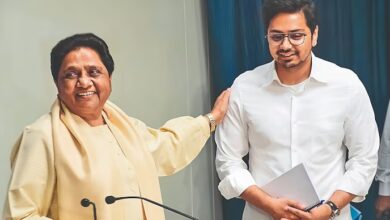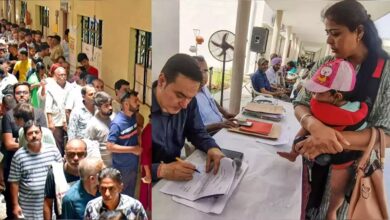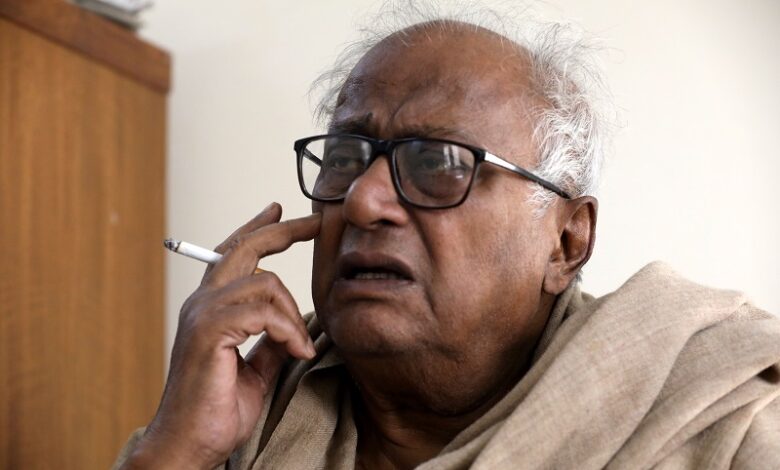
NM National Bureau
NEW DELHI – Prime Minister Narendra Modi led government at the Centre has missed a big opportunity to address the real economic issues faced by the society, such as unemployment and poor growth in rural areas in its last budget before the general election in 2024, said a top leader of the All India Trinamool Congress.
Finance Minister Nirmala Sitharaman presented the last budget of Modi 2.0 government on February 1. The annual financial statement for the fiscal year 2023-24 beginning April 1 was meant to be a growth oriented green budget.
Disagrees Prof Sougata Ray, a senior TMC member in the Lok Sabha.
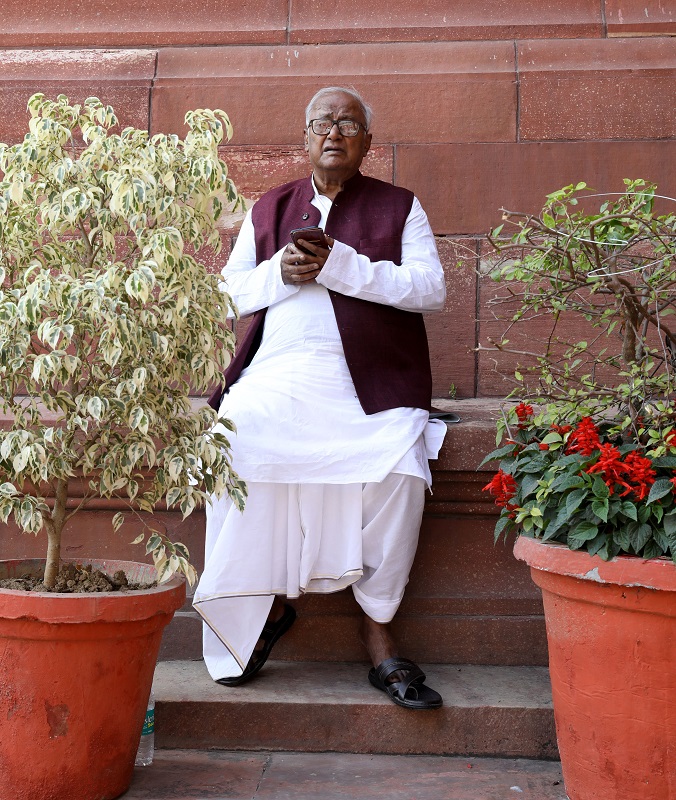
“The Budget didn’t address the real problems of the Indian economy like unemployment and rural distress, ” said Ray, in an exclusive interview with News Mania in New Delhi.
India’s unemployment rate is now at its highest in over five decades. India also has the highest number of people in the world suffering from hunger & malnutrition.
Ray questioned how the budget was growth oriented when it failed to spell out concrete strategies to address the problems of unemployment of the youth and abysmally low growth in the rural sector.
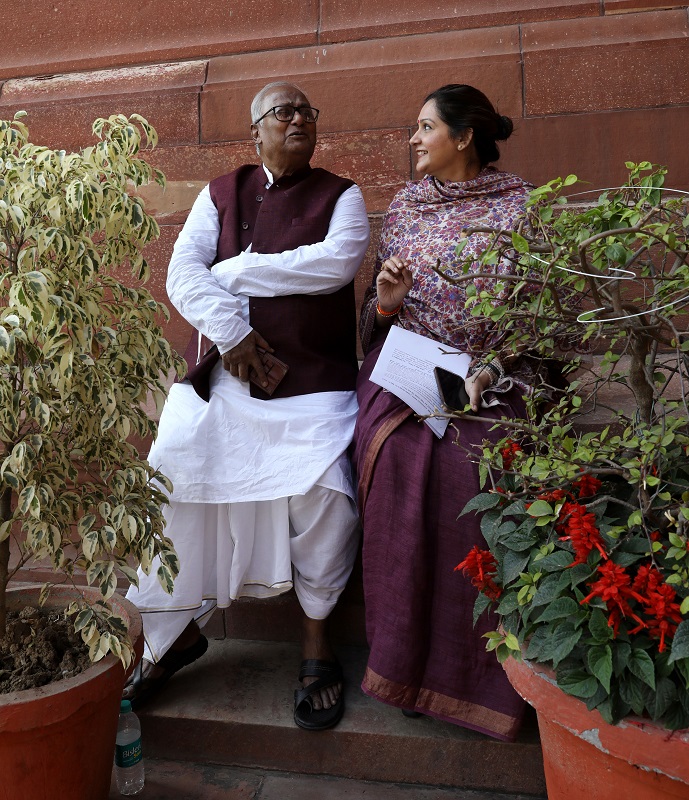
Ray said India lives in its villages and there was nothing in the budget to spur growth in the farm sector.
“The green initiatives are only on paper as the budget did not mention the modalities,” Ray said.
Sitharaman did not address the issue of high diesel and petrol prices and left the whole issue of fuel prices at the mercy of the state-owned oil marketing companies, he said.
“The government can’t wash away its hands leaving the entire issue of rising fuel prices to oil marketing companies as they will result in recessionary pressure in the economy, and cause stress for the common people,” Ray said.
The budget allocations are perceived to be based on government borrowings which would hit investment in the private sector, he said.
Ray, who started his career as an educationist, criticised the National Education Policy (NEP) of 2020 as an attempt to hijack education, a state subject, by the central government.
“Education should have been left as a state subject without interference from the centre,” Ray said.
Besides, the attempt to promote digitalisation in the education sector would prove detrimental to the economy as it would accentuate the already high unemployment.
He lamented that the country as a whole was not addressing the issues related to Old Care or Elder Care.
“In fact, a lot needs to done for the elderly,” said Ray.
He said the Modi government can take inspiration from the Mamata Banerjee led West Bengal government’s welfare oriented social schemes including its flagship in the health sector – the path-breaking Saystha Saathi.
He mentioned that the Mamata Banerjee led government’s flagship programmes like Kanashri, Sobuzsaathi, Sasthyasaathi and Lakhi Bhandar target economic empowerment of the weaker sections of the society.
“Bengal still shows the nation how to take care of the poor and women through government funded schemes,” Ray said, recalling a popular saying – “What Bengal Thinks Today, India thinks tomorrow”.
Everyone will wait for next year’s general election to know whether this saying is also true or not for the hustings.
Photo clicked by Sipra Das-National Consulting Photo Editor ,New Delhi




